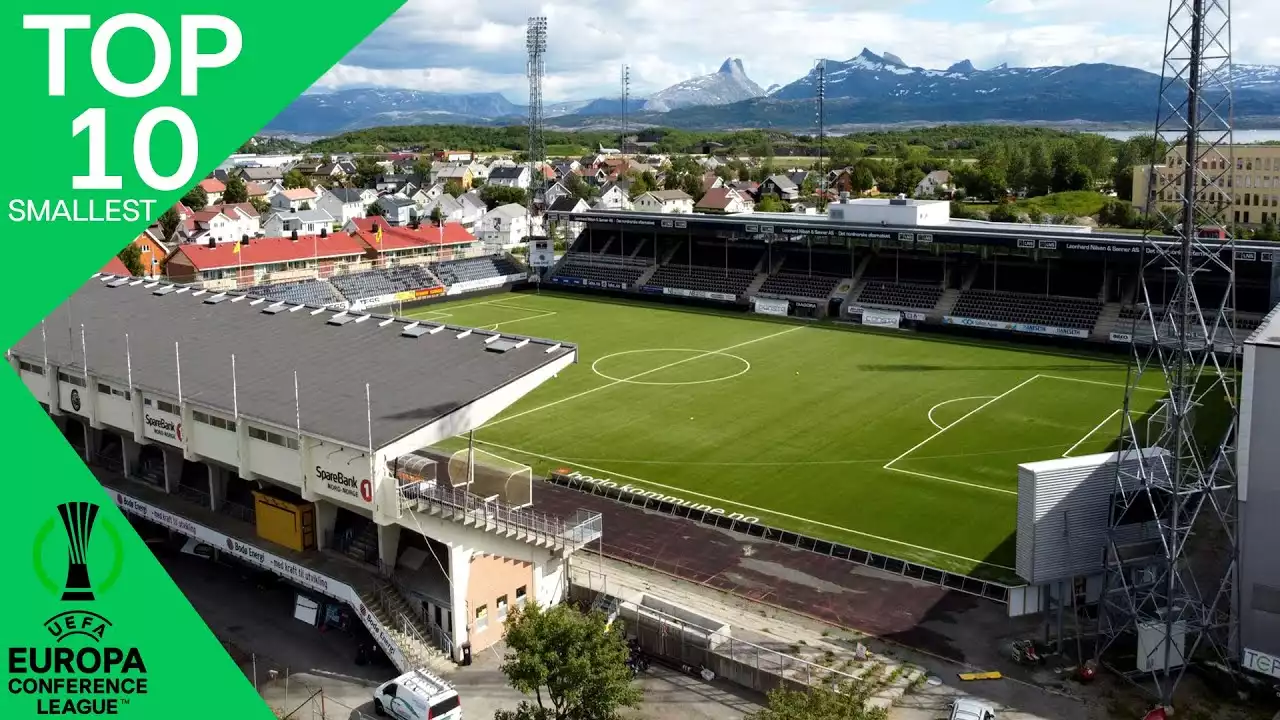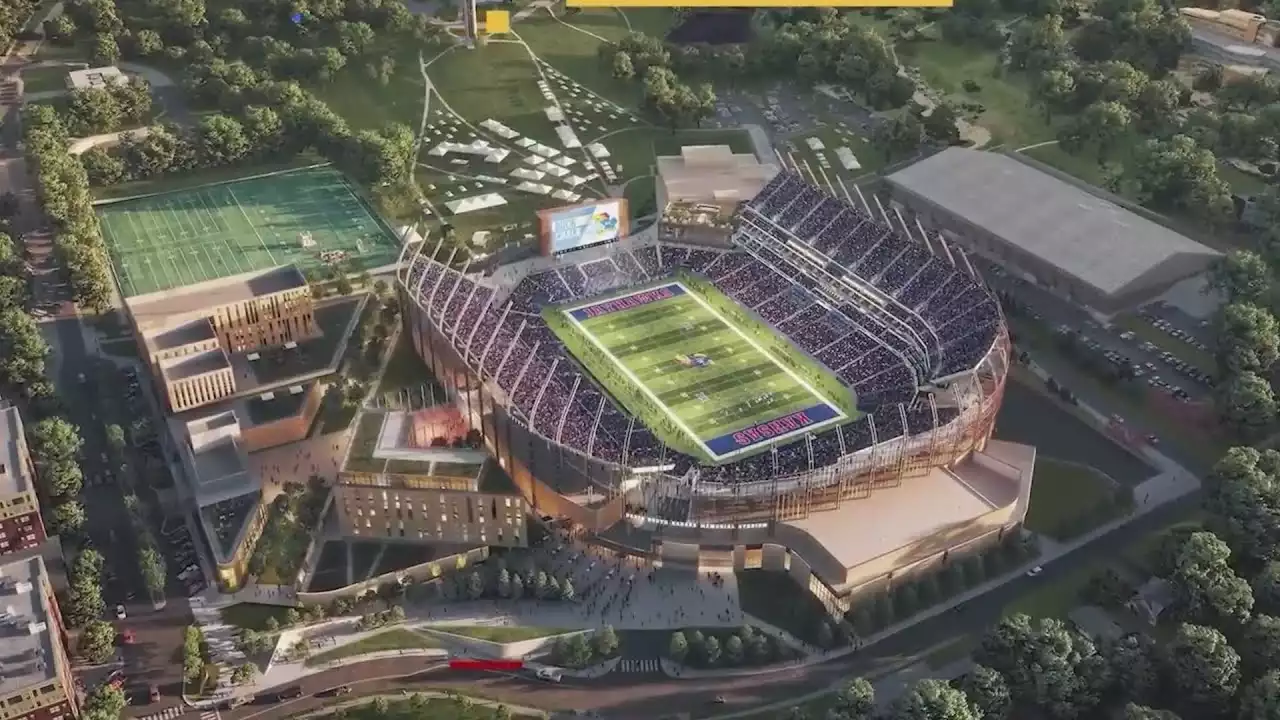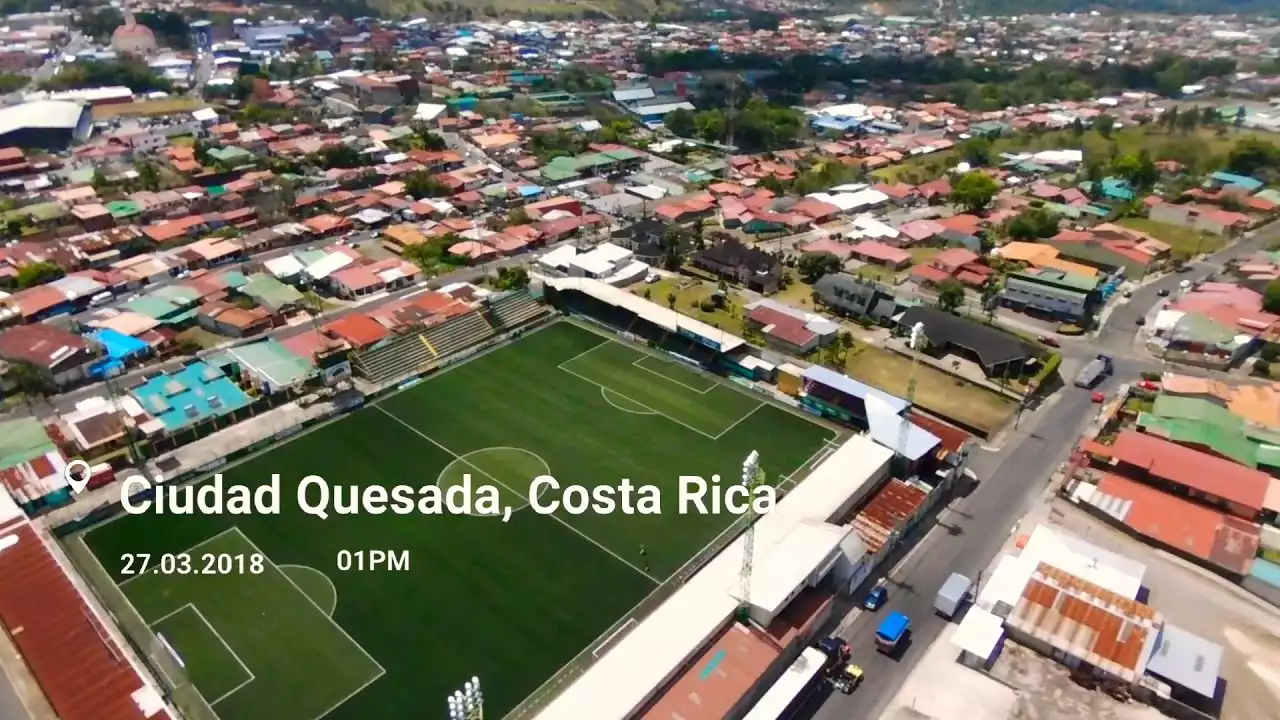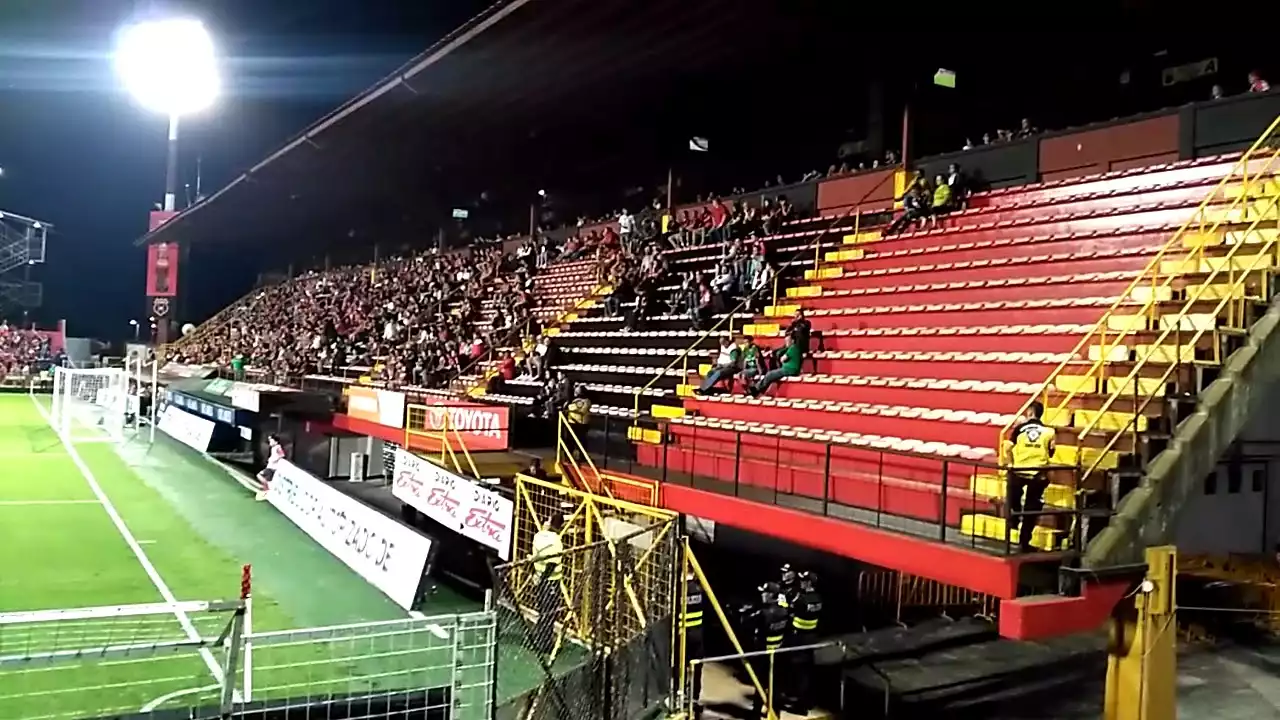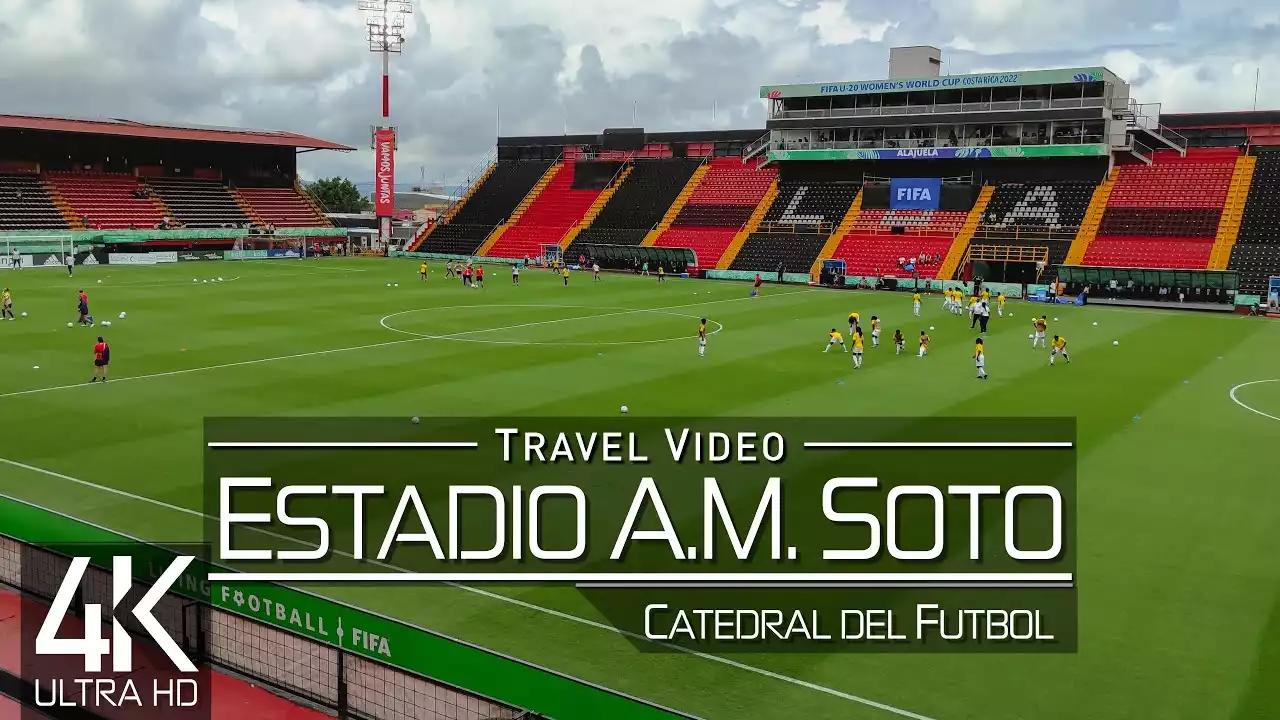Unique challenges faced by small venue managers
Lack of resources and budget constraints
One of the major challenges faced by small venue managers in Costa Rica's Liga PFD is the lack of financial resources. Unlike larger venues with greater financial backing, small venues often operate on tight budgets. This limitation makes it crucial for small venue owners to prioritize their investments wisely.
With limited resources, it becomes essential to identify the areas that require the most attention. Marketing, infrastructure improvements, and player recruitment are some of the key areas that demand careful consideration. By allocating resources strategically, small venue managers can maximize their impact and ensure the overall success of their venue.
Limited marketing and promotion opportunities
Another challenge that small venue managers in Costa Rica's Liga PFD encounter is the limited marketing and promotion opportunities available to them. Unlike larger stadiums that have the means to invest in extensive advertising campaigns, small venues often struggle to reach a wider audience.
To overcome this challenge, small venue managers need to adopt creative and cost-effective marketing strategies. Leveraging social media platforms, collaborating with local influencers, and fostering partnerships with local businesses can significantly enhance the visibility of the venue. By thinking outside the box and finding innovative ways to promote their venue, small venue owners can attract more fans and sponsors.
Dealing with limited seating capacity and space constraints
Small venues often have limited seating capacity and space constraints, which can pose challenges for venue managers. Accommodating a large number of fans becomes a logistical challenge, especially during high-demand matches or events. It's essential for small venue managers to find ways to optimize their seating arrangements and utilize their limited space effectively.
Implementing creative seating arrangements, introducing standing areas, and utilizing technology to manage ticketing and seating assignments can help maximize the venue's capacity. By making the most of the available space, small venue managers can create a comfortable and enjoyable experience for fans while maximizing revenue potential.
Overcoming language and cultural barriers
Costa Rica's Liga PFD attracts fans from diverse backgrounds, which can pose language and cultural barriers for small venue managers. Effective communication with fans, players, and sponsors becomes crucial in creating a welcoming and inclusive environment within the venue.
Small venue managers should consider hiring multilingual staff or providing translation services to cater to the needs of international fans. Additionally, embracing cultural diversity and incorporating elements from different cultures can enhance the overall fan experience and create a sense of belonging for all attendees.
Managing logistics and operations efficiently
Efficient management of logistics and operations is vital for the success of any small venue. From coordinating matchday preparations to ensuring smooth entry and exit of fans, small venue managers need to be highly organized and detail-oriented.
Investing in technology solutions for ticketing, access control, and event management can streamline operations and reduce the risk of errors. Additionally, establishing strong relationships with local suppliers and vendors can ensure a steady supply of resources and services needed for the venue's smooth operation.
Building and maintaining relationships with local suppliers and vendors
Small venue managers rely heavily on local suppliers and vendors for various aspects of their operations, such as food and beverage services, equipment rentals, and maintenance. Building strong relationships with these local businesses is critical for ensuring the smooth running of the venue.
Maintaining open lines of communication, negotiating favorable contracts, and establishing mutually beneficial partnerships can help small venue managers secure reliable and cost-effective services. By nurturing these relationships, small venue owners can create a network of trusted partners who share their vision for success.
Implementing effective technology solutions for ticketing and event management
In today's digital age, technology plays a crucial role in the success of small venue management. Implementing effective technology solutions for ticketing and event management can streamline processes, enhance the fan experience, and improve overall operational efficiency.
Investing in a robust ticketing system that offers online ticket sales, seat selection, and real-time analytics can simplify the ticketing process for both fans and venue managers. Additionally, utilizing event management software can help automate tasks, such as scheduling, staff management, and event promotion, saving time and resources.
